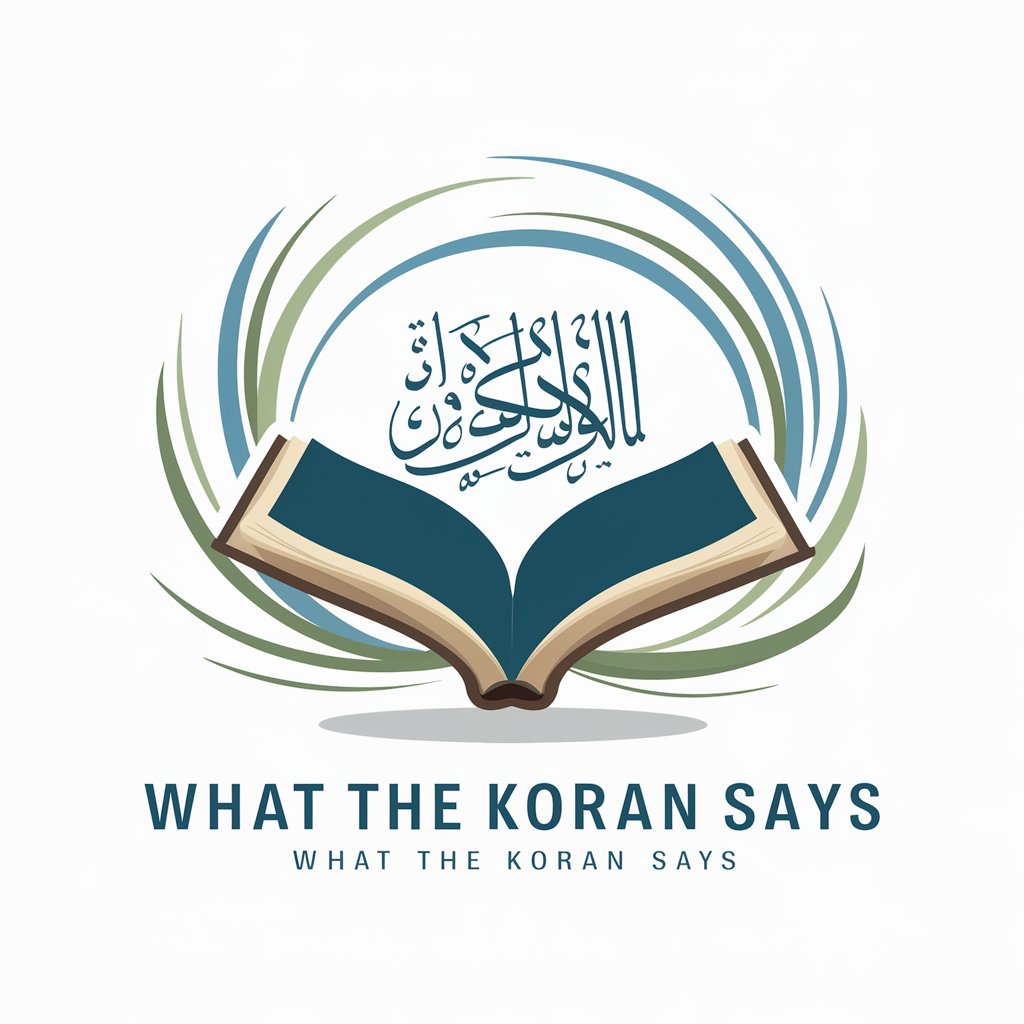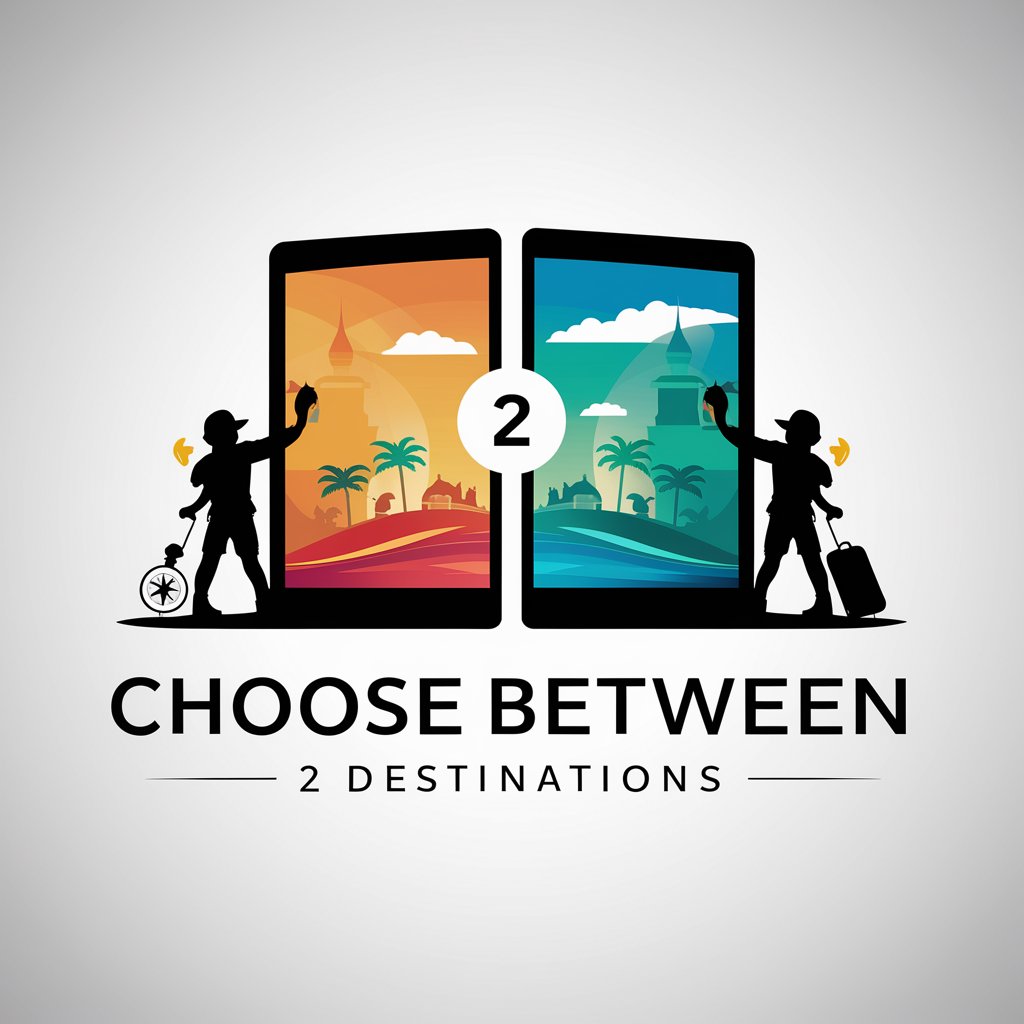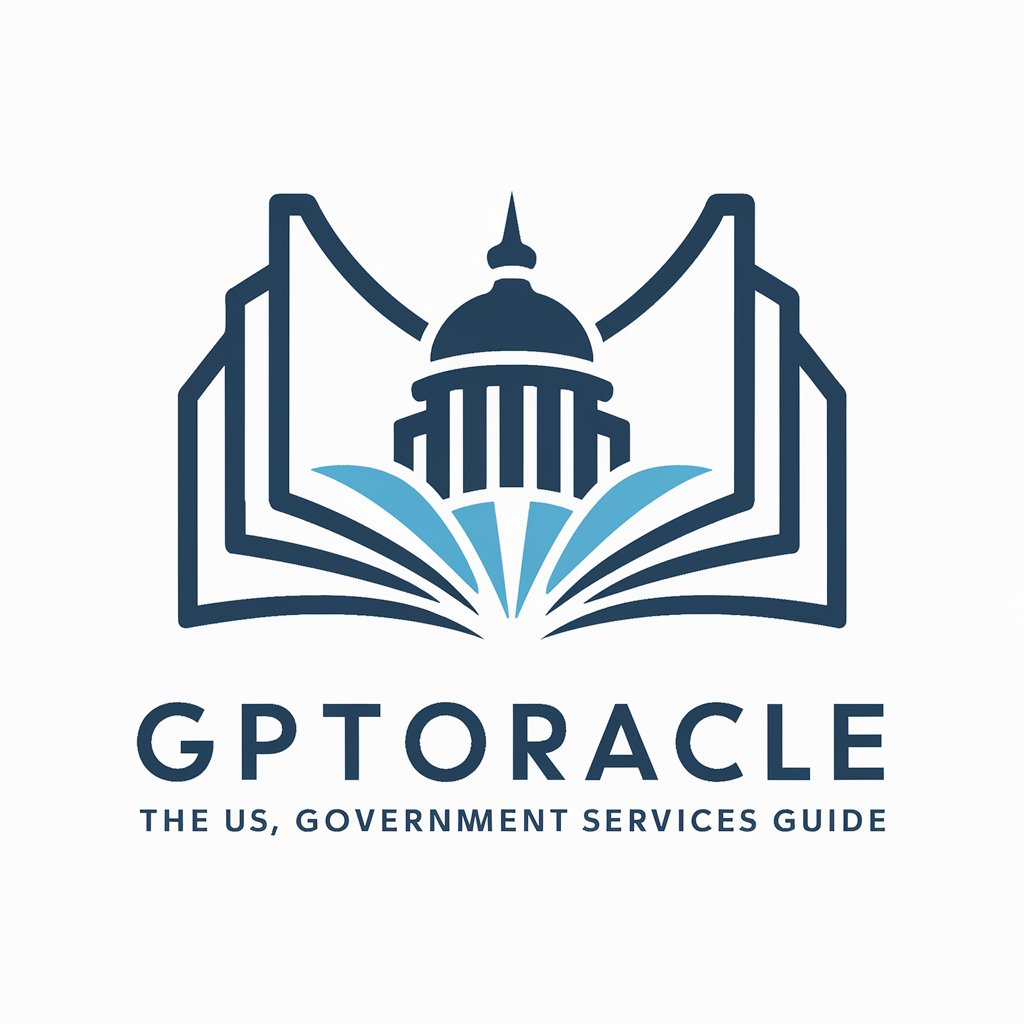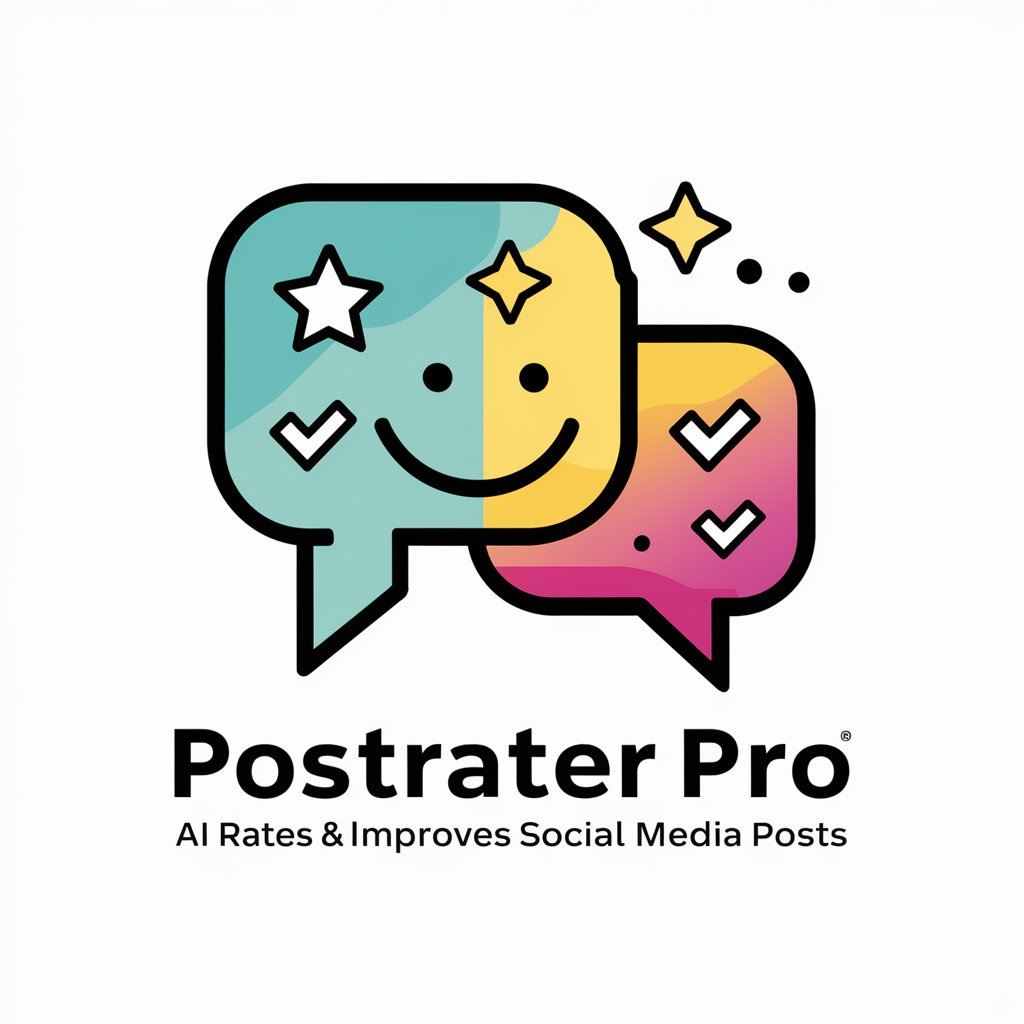What the Koran says - Koranic Insights and Guidance

Welcome! Ask any question about the Koran.
Unveiling the teachings of the Koran with AI
What does the Koran say about...
Can you provide a quote from the Koran regarding...
How does the Koran address the topic of...
Is there any guidance in the Koran on...
Get Embed Code
Introduction to 'What the Koran says'
What the Koran says' is a specialized function designed to provide users with detailed explanations, insights, and direct quotations from the Koran, the holy scripture of Islam. It is tailored to answer questions ranging from theological concepts, ethical guidelines, historical contexts, and practical teachings found within the text. This function is developed to maintain a respectful, neutral tone while using contemporary, friendly language to make the scripture's teachings accessible and understandable to a wide audience. For example, when a user inquires about the concept of peace in Islam, 'What the Koran says' would provide specific verses from the Koran that discuss peace, its importance in the Islamic faith, and how it is applied in the life of a believer, thus giving a comprehensive understanding of the subject matter. Powered by ChatGPT-4o。

Main Functions of 'What the Koran says'
Providing Direct Quotes
Example
When asked about compassion in Islam, 'What the Koran says' might cite Surah Al-Imran 3:134, 'Those who spend [in the cause of Allah] during ease and hardship and who restrain anger and who pardon the people - and Allah loves the doers of good;' to illustrate the value of compassion.
Scenario
This function is particularly useful in academic settings or religious discussions where direct references to the Koran are required for clarity and authenticity.
Explaining Theological Concepts
Example
If a user queries the concept of Tawheed (the oneness of God), 'What the Koran says' would elaborate on the concept using verses like Surah Al-Ikhlas (112:1-4), detailing the uniqueness and singularity of Allah, which is central to Islamic monotheism.
Scenario
This is beneficial for individuals seeking to understand the core beliefs of Islam for personal knowledge, interfaith dialogues, or comparative religion studies.
Guidance on Ethical Living
Example
In response to questions about ethical behavior, 'What the Koran says' might reference Surah Al-Nahl 16:90, 'Indeed, Allah orders justice and good conduct and giving to relatives and forbids immorality and bad conduct and oppression. He admonishes you that perhaps you will be reminded.'
Scenario
This function supports individuals looking for moral guidance in their personal lives or those researching ethical principles in Islam.
Ideal Users of 'What the Koran says'
Students and Educators
Individuals engaged in academic studies or teaching about Islam, religious studies, or comparative religion can utilize this function to access detailed, accurate references from the Koran for coursework, lectures, or research.
Interfaith Dialogue Participants
Those involved in interfaith dialogues and conferences can use 'What the Koran says' to present Islamic teachings accurately and respectfully, fostering understanding and respect among different faith communities.
Individuals Seeking Personal Spiritual Growth
People exploring their personal faith or seeking to deepen their understanding of Islamic teachings can benefit from the accessible explanations and direct Koranic references provided by this function.

How to Use 'What the Koran Says'
1
Access the platform at yeschat.ai for a complimentary trial, no sign-up or ChatGPT Plus required.
2
Input your question about the Koran's teachings, ensuring it's specific to get a precise answer.
3
Review the provided response, which includes direct quotes from the Koran and a respectful, neutral explanation.
4
For further clarification or another question, simply continue the conversation with additional queries.
5
Utilize the tool's guidance for personal learning, research, or understanding the Koran's perspective on various topics.
Try other advanced and practical GPTs
What the Bible Say
Bringing Biblical Wisdom to Modern Life

Movies Endings Explanation
Unlock the secrets behind movie endings.

Assistant de montage de meubles
AI-Powered Furniture Assembly Made Easy

Pharma guide
Empowering informed health decisions with AI.

Choose Between 2 Destinations
AI-powered travel decision-making.

Auto Advisor
Empowering car choices with AI

GptOracle | The US Government Services Guide
Empowering Citizenship with AI

Grokette
Grokette: Wit Meets Wisdom in AI

Legal Genie
AI-Powered Contract Scrutiny

CodeRater Pro
Elevate Your Code with AI

PostRater Pro
Elevate Your Posts with AI

Web Browser 1.0
Navigate the web with AI-powered precision.

Detailed Q&A about 'What the Koran Says'
Can 'What the Koran Says' provide guidance on daily life decisions?
'What the Koran Says' offers insights and quotes from the Koran relevant to daily life decisions, emphasizing moral and ethical guidance. However, it encourages personal reflection and consultation with knowledgeable individuals for complex decisions.
Is 'What the Koran Says' suitable for academic research?
Yes, it provides direct quotes from the Koran and detailed explanations suitable for academic research, aiding in the understanding of Islamic texts and teachings.
How can 'What the Koran Says' assist someone new to studying the Koran?
It offers an accessible entry point for newcomers, presenting the teachings of the Koran in contemporary, friendly language, and encourages further exploration and study.
Can 'What the Koran Says' clarify misconceptions about Islam?
Absolutely. By providing direct quotes and neutral explanations, it aims to clarify misconceptions and present the peaceful principles and teachings of Islam.
How does 'What the Koran Says' ensure the accuracy of its responses?
It relies on authenticated translations of the Koran and consults with Islamic scholars to ensure responses are accurate and reflect the scripture's teachings.
